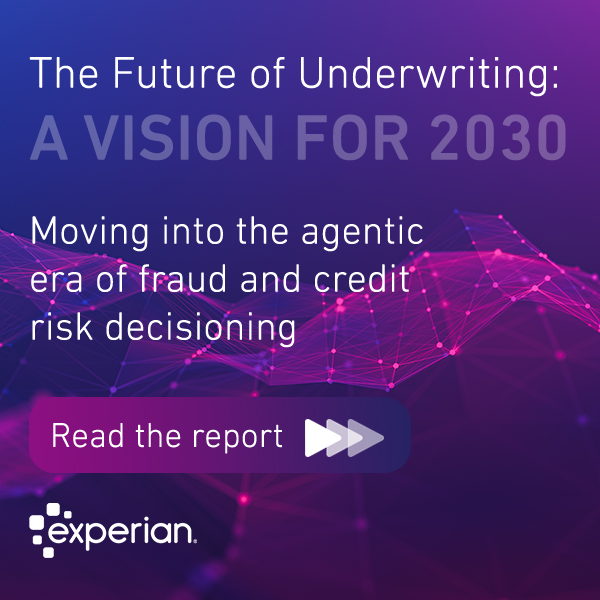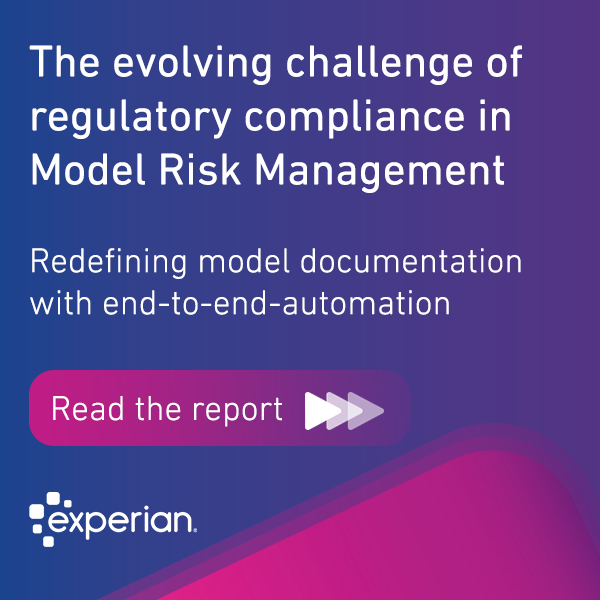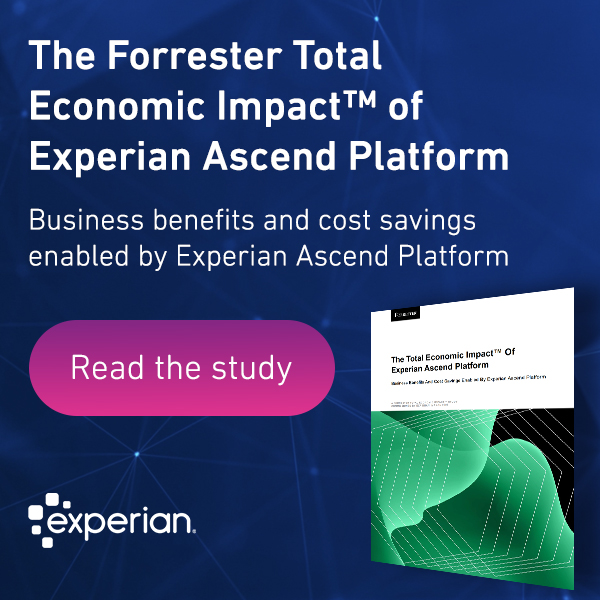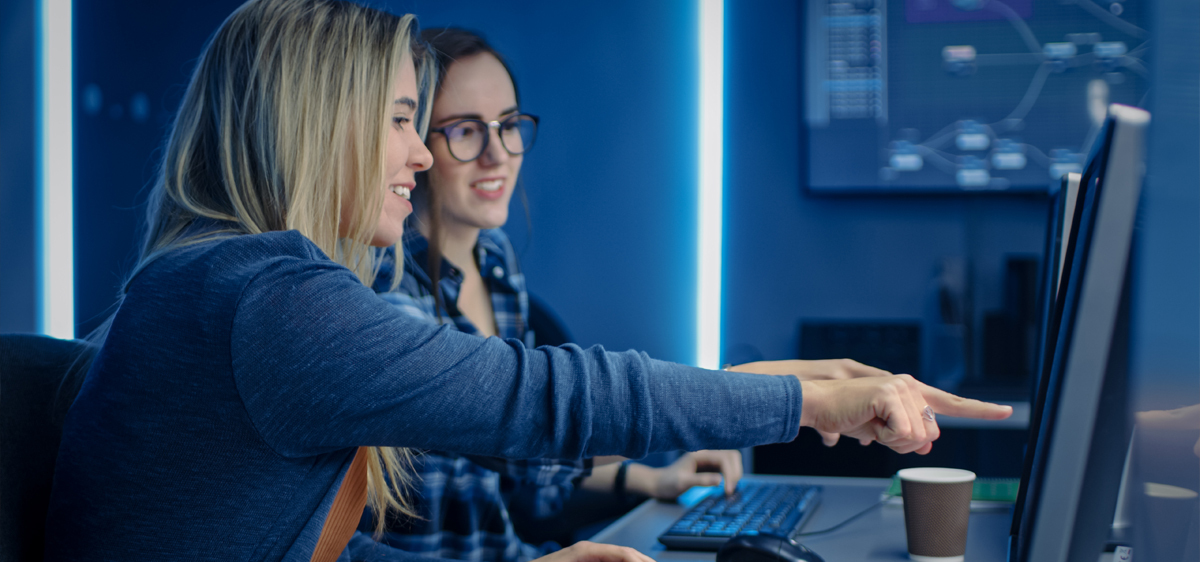
The relationship with artificial intelligence may have started with robots but its integration into the way people interact with the world today looks very different. AI is in our pockets, our homes, our workplaces, and its pay-off is being realized across many industries, including financial services, e-commerce, telecommunications, streaming services, insurance companies, and more. Though some people and businesses still have reservations about its use. In the next article in our “Game Changers: Women in AI” series, we examine the artificial intelligence debate with arguments against and for its use in our everyday lives, and how it can bring real value to our interactions with businesses – whether it’s preventing fraud, increasing financial accessibility, enhancing the digital experience or supporting public initiatives to prevent the spread of Covid-19.
Q: What is your view on criticism of AI or arguments against its use?
He: “AI is already all around us and sometimes people don’t even realize it. For example, smart devices remember your preferences, try to understand your behaviors, and help you with reminders, goals, or some other alert. For some, this can feel a little bit scary, like they are collecting information and profiling you. But really, AI is helping people by using large amounts of data to train models and find patterns in the information to solve complicated problems.”
Kazmi: “Since AI is still so new, every time a product or a change in experience through AI is introduced, there are bound to be reluctancy in adoption and initial failures which lead to opposition. But, to establish the final best product possible, we need understanding between AI research teams and business stakeholders. Take the example of Elon Musk. He has come up with SpaceX and Tesla, but there have been so many failures in their development. Still, the entire world was looking up to these ventures, because these products are something that’s going to bring huge positive change.”
Kung: “People need to keep in mind that AI, and all this data science technology, are just tools to help us. It’s not that a machine will replace someone. I’ve heard a lot of people saying, “You create things automatically, and machines will replace our job.” That’s not how it is. The truth is, we are creating these kinds of things to help us. It improves our lives by saving our time to focus on other useful things that a machine can’t do.”
Peters: “It’s helpful to consider what got us here. Years back, people would ask, “Are you ready for big data? Do you have big data?” What we found was that as more data was available, even when managed effectively, we needed ways to consume it and to garner insights from it. This underlying piece drove the need for AI and machine learning. Working with these technologies is critical to harnessing the power of data for what we do, to apply these concepts to fuel significant problems, like stopping fraud.”
Stoddart: “The topic of bias in AI creeps up in the news. If an algorithm is not checked properly, it could mean a portion of the population isn’t reflected. This stems from assumptions inherent in people. If those writing the code are not diverse, you likely miss out on representing whole groups of people in the wider society. This issue of bias emphasizes the importance of team diversity, of driving success by having opinions challenged and ensuring representation across diverse groups.”
Q: Is there anything you would like to share that could help alleviate fears and show the public that AI is beneficial?
He: “It will lessen fears if we can help people realize there needs to be humans involved. To understand the data, to understand human behavior, everything is about the observation and how you interpret it. It also helps to share the benefits people will realize. For example, AI can improve consumer experiences — such as when filling out an application. It can build bridges between different types of data to supplement the details provided. This reduces the friction felt by the applicant by simplifying the inputs required, which is very useful on wearables and mobile devices.”
Kazmi: “AI can change the world. If you just look around, data science is part of everything nowadays. And, there’s often a solution you benefit from but are not even aware that it has AI embedded in it in some way. It’s important to encourage understanding and acceptance and highlight all the good work that people are doing in this industry. We need to acknowledge and encourage endeavors to further these contributions and progress in the AI industry.”
Kung: “My concern is that people think “Oh, you just put something in the machine and the machine will tell you what to do.” It’s not like that. People need to realize a human must analyze the results – what it gives you and what you see. It needs to make sense for their business. The machine will not know what you’re analyzing. It will just run the algorithms that you put in it and it gives you a number. It’s up to people to analyze it.”
Peters: “Whenever you go into a new and somewhat unexplored area, there will always be different aspects to consider. As researchers, innovators, and developers, we need to be aware of inherent risks and keep an eye on the ethical aspects of technology. This focus helps ensure the thoughtful progression of AI, creating the right guardrails to thwart fraudsters and ill-intentioned individuals and equality by being “consciously unbiased” in the models and systems we are building.”
Stoddart: “I mentioned the need for diversity to prevent bias. I’m proud to be contributing to a project called “fairness.” It’s about tackling bias in models – using AI to help treat everyone fairly. Our work has enabled people to drill down and properly check attributes to ensure that decisions are fair and not discriminating against a certain group. If it’s not fair, it provides the opportunity to fix it. I believe this will be a really important tool going forward.”
Q: What examples can you share for how AI can bring goodness to the world?
He: “At the very beginning of our latest initiative, we were thinking, “how will this development and innovation help the world?” It was hard to answer until we created different use cases. Currently, we have several meaningful results using AI – linking data to identify a person and deliver the best customer experience and helping detect fraudulent applications using fake or synthetic IDs. We also recently developed a heatmap for predicting Covid-19 severity for more than 3,000 counties in the U.S. We’ve made this tool available to assist public researchers as well as government and policymakers.”
Kazmi: “I am truly satisfied with the work that I have been doing because it’s very exciting to find new ways to have a positive impact. From the day I joined Experian, I’ve been part of a project called financial inclusion, leading the data science part of it. We are helping people and entities stuck at the lowest level of the financial ladder. This is the beauty of data science, helping consumers and small entities access credit and come out of a vicious cycle, to move up financially, leading to the overall growth of the financially weaker sections of society.”
Kung: “Within my area of focus, financial services, we can help make life easier and help get things done faster. The important thing is time-saving because we need to get things done quicker. For example, sometimes people try to secure credit and the bank takes too long to give an answer. Or, with a mortgage, there is a lot of paperwork needed. We can use an AI tool to help analyze this paperwork faster, which helps the customer who needs the loan get their home faster.”
Peters: “Some of the ways that it can bring goodness to the world is where we are just limited by the scale or the speed that we want to move when solving problems based on huge amounts of data, especially in real-time. Where AI can help predict next best actions or best outcomes in a way that usually would require a lot of research or photographic memory. Very relevant today, this applies well to the medical domain, but there are so many areas AI can help us better consume data at our fingertips and predict new innovative areas to explore.”
Stoddart: “In addition to the fairness project I mentioned, I also use my data science skills volunteering with a social enterprise, helping them obtain the insights they need to determine what food and supplies are most needed at food banks. The insight allows them to prioritize what items to buy in bulk with monetary donations from the public. Usually, food banks are really separated in the UK, so this is a new approach benefitting from advanced technologies.”
Related stories:
- Game changers: Women in artificial intelligence (part 1)
- Impact of technology on changing business operations
- Forbes: Are we comfortable with machines having the final say?
 Yi He
Yi He
Yi He works as a data scientist in the Experian NA DataLab. She is dedicated to using machine learning and AI to extract information from large amounts of data to identify, understand and help people, and prevent fraud. She aims to bridge online and offline worlds by linking identity data from these unique sources.
With a focus on minimizing friction to customers, Yi’s work helps organizations identify synthetic identities to avoid fraudulent applications. Recently, she contributed to a Covid Outlook & Response Evaluator (CORE) Model – a “heat map” of geographic populations across the U.S. most susceptible to severe cases of Covid-19.
 Deeba Kazmi
Deeba Kazmi
In her role as a data scientist at the Experian APAC DataLab, Deeba Kazmi is focused on solving business problems with analytics, including the development of consumer and small to medium enterprise credit risk models that leverage alternative data.
Deeba is passionately focused on leveraging AI to create solutions that can help address issues faced by developing markets. Most prominently, this work includes her data science leadership contributions to solving a crucial economic and societal problem – financial inclusion. This effort is helping disadvantaged socio-economic consumer groups gain access to vital credit and financial services by leveraging the power of technology to deliver better outcomes.
 Jennifer Kung
Jennifer Kung
Jennifer Kung is an analytics consultant for Serasa Experian Decision Analytics, where she combines her knowledge of financial services with her data analysis expertise.
Jennifer aims to harness the power of data through robust, descriptive and predictive analytical solutions to help clients realize the benefits of the massive amounts of data available to them. She recognizes the magnificence in powering discoveries through data analysis and enjoys revealing these capabilities to businesses who can benefit from these robust, yet approachable solutions. Jennifer enjoys knowing that her work helps to simplify and accelerate decisions that consumers rely on at important times in their life.
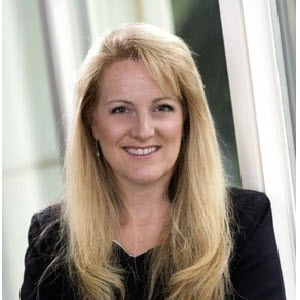 Kathleen Peters
Kathleen Peters
Kathleen Peters leads innovation and business strategy for Decision Analytics in North America. As the prior Head of North America Fraud & Identity business, Kathleen is well-recognized as an identity industry innovator, being named a “Top 100 Influencer in Identity” by One World Identity the last two years. As of 2020, Kathleen was named Chief Innovation Officer for Decision Analytics.
Kathleen and her team rely on the power of AI to continuously find new ways to solve customer challenges by defining product strategies, new paths to market and investment priorities. Underlying these efforts is a key focus on the ethical use of technology and the need to be consciously unbiased.
 Laura Stoddart
Laura Stoddart
Laura Stoddart is a physicist turned data scientist who works at the Experian DataLab in London. From her first exposure to AI, she recognized how quickly it can have an impact on the world, which has driven her to get and stay involved in the industry – both professionally and personally.
Laura’s recent work has focused on ethical AI, having recently contributed to her first paper addressing the removal of bias from models. In addition, she is concentrated on leveraging emerging datasets to evaluate risk. Outside the DataLab, Laura also volunteers her data science skills to good causes such as Bankuet and helps expose others to the world of AI through mentoring.


